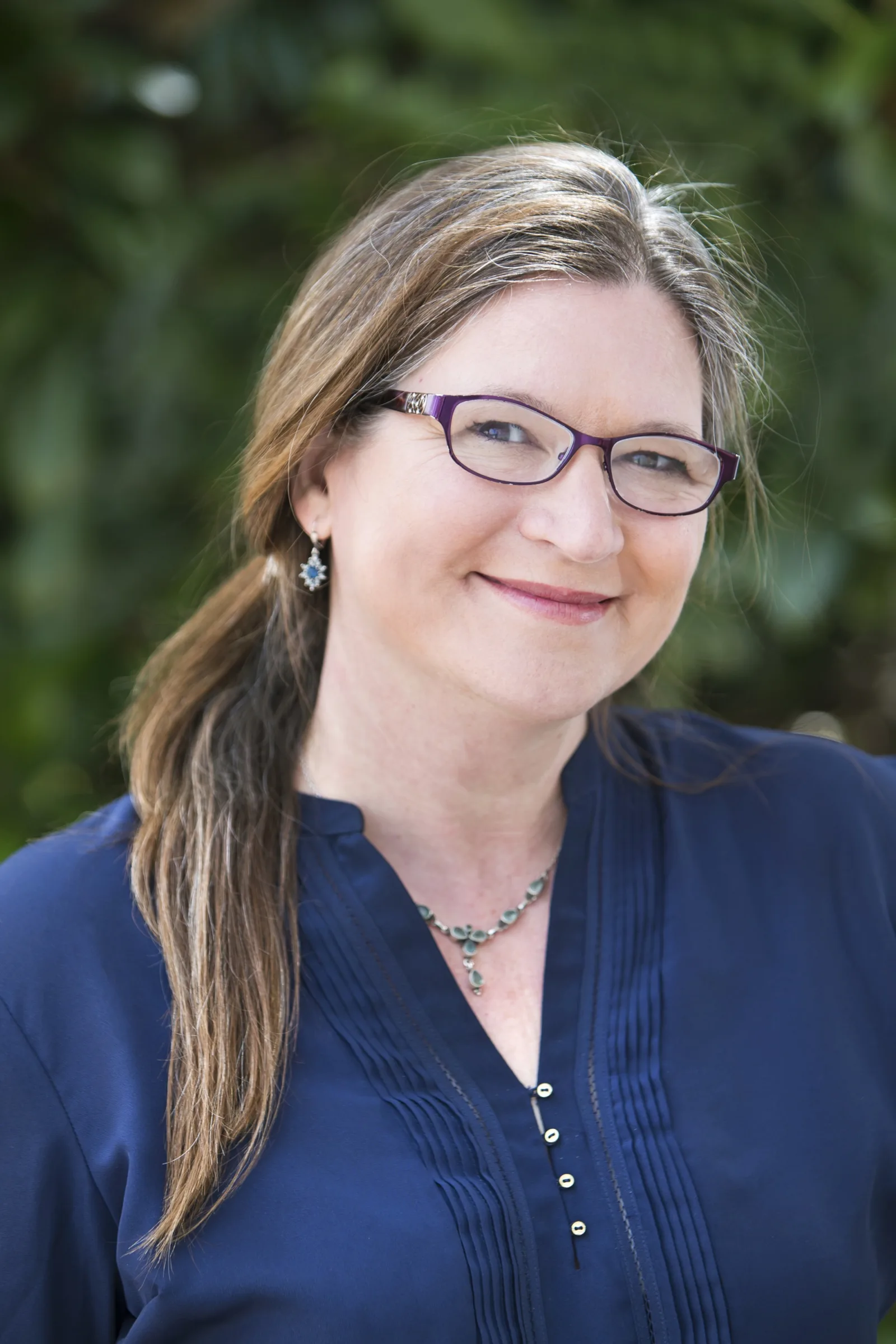“Fanaticism and Folly” in Lowell, Massachusetts: Abolitionists, Anti-Abolitionists, and the Business of Manufacturing Slave-Grown Cotton, Elizabeth Herbin-Triant, Amherst College
Prominent abolitionists like Frederick Douglass and George Thompson lectured in Lowell, Massachusetts and helped textile factory workers organize antislavery societies there. Even as the antislavery movement was gaining momentum in the city, investors in Lowell’s mill worked to protect slavery and their own access to slave-grown cotton, which generated extraordinary wealth for them as it was woven into cloth. This paper explores Lowell in the antebellum years—a place deeply tied to the South’s “peculiar institution” and shaped by competing currents of antislavery activism and anti-abolitionism—and considers the central but overlooked role of mill investors in the story of American slavery.
Property in People and the Complexities of Capitalism, Holly Brewer, University of Maryland
This paper explores the dilemma of slavery in Britain’s Empire in the Americas, focusing on the details of how laws and court decisions interacted with finance. It explains why England’s high court stepped in to legitimate treating people as property in 1677, and explores that decision’s impact on financing the trade in enslaved people across the empire. This case study illuminates how regulations worked with various political coalitions to promote slavery, and why they mattered. It argues that there is no such thing as a “free market” in forced labor and that all markets are regulated via rules of exchange.
Respondent: Benjamin Wiggins, University of Minnesota
